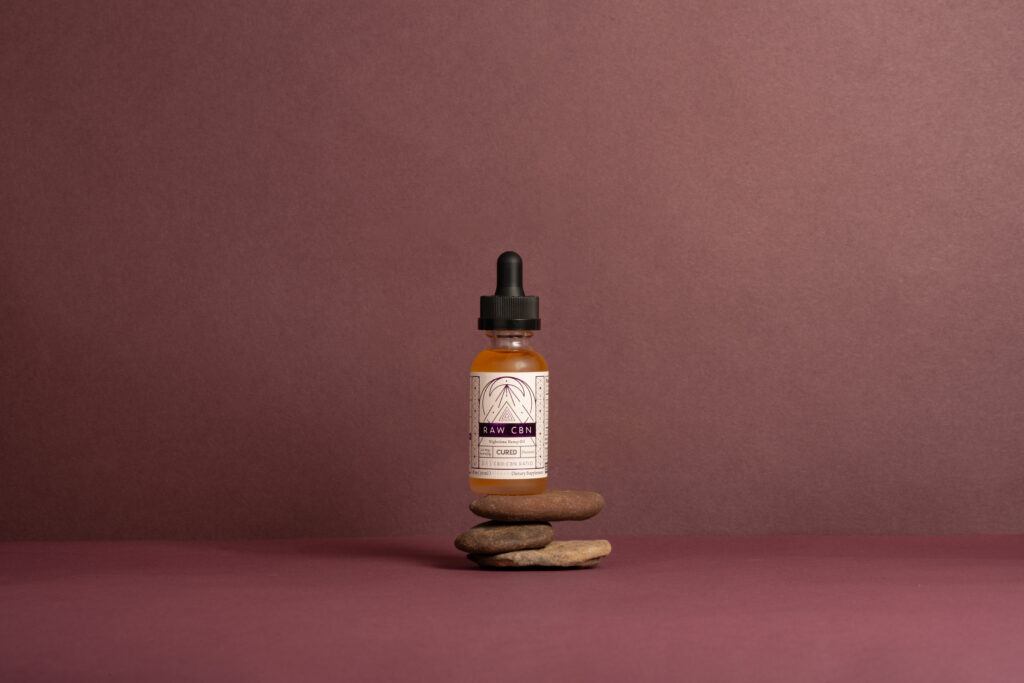Sleep quality and quantity; the determinant of health.
One out of every three people in the United States is not getting enough sleep. That’s a staggering statistic with a costly set of consequences. The truth is most people are not averaging the recommended 7-9 hours of sleep per night and, as a result, are trudging through their daily lives with compromised health and a shaky foundation for even the most basic well-being.
The importance of exercise and nutrition is common knowledge these days, but what has unfortunately been left out of the spotlight is the non-negotiable nature of sleep. Human optimization is achievable through a variety of personal lifestyle choices, but sleep sits squarely at the center of health and happiness. Without adequate sleep, individuals are at an “increased risk of developing chronic conditions such as obesity, diabetes, high blood pressure, heart disease, stroke, and frequent mental distress.”
Getting less than seven hours of uninterrupted, restful sleep per night has also been associated with higher rates of disease states and mental illness diagnoses. One study found people who sleep less than six hours per night to be at a 200% increased risk of heart disease or a heart attack; and a 200-300% increased risk of the calcification of the coronary artery. These are serious, chronic health conditions that drastically reduce an individual’s quality of life and life expectancy; yet, how often does a discussion about their prevention and treatment include sleep hygiene?
These more somber ramifications aside, everyone is familiar with the immediate side effects of a poor night of sleep. It would be nearly impossible to find someone who hasn’t been plagued by the torment of being tired. The waves of physical exhaustion, mental haze, moodiness, fragmented attention, and overall grogginess do not discriminate.
Improve your sleep to improve your life.
You can’t outwork a bad diet, and our diet includes more than the food we’re ingesting. In fact, your sleep diet is arguably more impactful. Lucky for you, optimizing it is also pretty straightforward. Improving a sleep routine doesn’t need to be a complicated, 10-step process. In fact, we’ve made it even easier on you with one of our newest supplements: CURED CBN full-spectrum hemp oil.

Like CBD, cannabinol, or CBN, is a naturally occurring cannabinoid found in the cannabis plant. However, what makes CBN uniquely powerful is two-fold: its specific oxidation-induced origin and its potential to provide sleep- and sedation-focused benefits. Users of CURED Nutrition products have experienced these effects for themselves, with many claiming to have eliminated exogenous melatonin and simplified their nighttime supplementation to a combination of CURED Zen and CURED RAW CBN.
Tonight, try buffering your bedtime window with a few calming activities, like reading or reflective journaling. Turn off your electronics, limit your light exposure, and place one dropper of CURED CBN full-spectrum hemp oil under your tongue. Our raw CBN has a 3:1 ratio of CBD:CBN, specially formulated to promote deep relaxation and improve overall sleep quality by supporting longer, more restful sleep.
Each bottle contains 450mg full-spectrum CBD, 150mg CBN, and an array of natural terpenes that synergistically work with your body to support an optimized circadian rhythm, full-body rejuvenation, stress reduction, and improved sleep.
You’re just one dropper away from getting what really matters: a good night of sleep. Unlock a new level of well-being with CURED Nutrition CBN full-spectrum hemp oil.
References
Cabral GA, Rogers TJ, Lichtman AH. Turning Over a New Leaf: Cannabinoid and Endocannabinoid Modulation of Immune Function. J Neuroimmune Pharmacol. 2015 Jun;10(2):193-203. doi: 10.1007/s11481-015-9615-z. Epub 2015 Jun 9. PMID: 26054900; PMCID: PMC4469415.
Centers for Disease Control and Prevention. (2017, May 2). CDC – Data and Statistics – Sleep and Sleep Disorders. CDC. https://www.cdc.gov/sleep/data_statistics.html
Centers for Disease Control and Prevention. (2016, January 1). CDC Press Releases. CDC. https://www.cdc.gov/media/releases/2016/p0215-enough-sleep.html
Daghlas I, Dashti HS, Lane J, Aragam KG, Rutter MK, Saxena R, Vetter C. Sleep Duration and Myocardial Infarction. J Am Coll Cardiol. 2019 Sep 10;74(10):1304-1314. doi: 10.1016/j.jacc.2019.07.022. PMID: 31488267; PMCID: PMC6785011.






